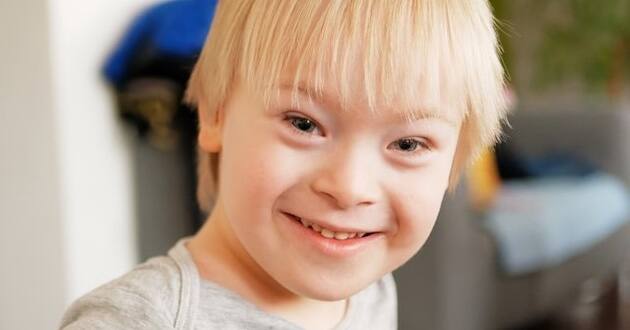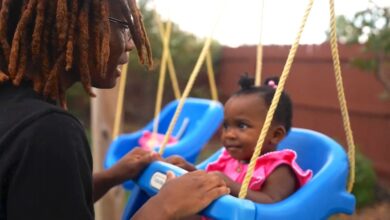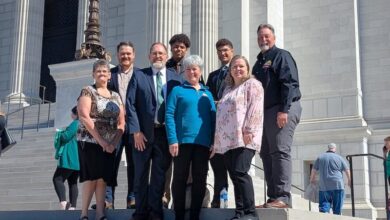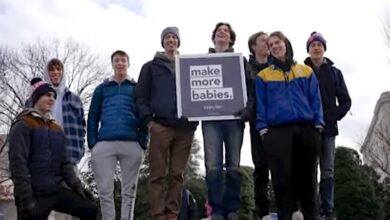On World Down Syndrome Day, dad cannot imagine life without his daughter

In a post that appeared at The Atlantic, “A Generational Shift in Understanding Life With Down Syndrome,” Educator Theo Malekin does an admirable job in helping us understand how much attitudes have changed about children born with Down syndrome, yet, without explicitly saying so, how little that has changed the percentage of babies who are aborted, should they be prenatally diagnosed as having Down syndrome.
While there is some debate just how high the percentage is (as “low” as roughly 50%, as high as 90%), clearly it is huge.
Unfortunately, for all that is good in his post, Malekin, whose daughter Hazel has Down syndrome, ultimately punts: “This is not intended as an argument against abortion,” he assures his readers. “It is an argument for giving prospective parents of children with Down syndrome a full picture of what their life will be like.”
But why not? You may disagree with trying to pass legislation banning such abortions, but why would you not argue against aborting children like Hazel, of whom Malekin concludes
“When it comes to Hazel, her life is not a burden to her family but an unending source of delight. For my part, I cannot imagine life without her. But most importantly, her life is valuable to herself, and definitely worth living.”
As bioethicist Wesley J. Smith pointed out in writing about Malekin, we have no hesitancy in advising against all kinds of behavior that is legal, none of which is lethal as is eugenic abortions.
Malekin’s essay was followed by Alison Piepmeier’s op-ed on the same topic in the New York Times. Ms. Piepmeier’s description of her daughter Maybelle is every bit as loving as Malekin’s of Hazel. You get the sense both children are fortunate to have parents like these.
Indeed, she goes further in explaining the danger of noninvasive prenatal tests that can take place within the first few weeks of pregnancy.
Piepmeier rightly observes,
“[M]any in the Down syndrome and disability rights communities fear that abortion rates will skyrocket, that a process often identified as eugenic will escalate, and that Down syndrome [meaning kids with Down syndrome!] will essentially be eliminated — at least among those with the resources for prenatal testing and the desire to terminate.”
Yet she comes to the same conclusion—actually goes further—as Malekin.
This is not to say that it is unfair to write about the challenges children with Down syndrome will face when they become adults. It is to say that it comes close to stacking the deck to conclude, “Let women have abortions for whatever reason they choose, but make it a world they would like to bring a child into — even a child with an intellectual disability.”
Two of our adult children and my wife have (or still do) worked with children and teenagers with a range of intellectual and emotional disabilities. Much/most of what Piepmeier wants that “world” to become they would likely agree with.
But in the meanwhile, as they work toward these laudable goals, the lives of children with Down syndrome oughtn’t to be discarded because the world remains imperfect.
One other thought. The responses to these essays are often extremely revealing. One averred
“It is not discrimination when the birth of a handicapped child is averted. The lives of these children can be hard and, once grown, doubly hard on themselves and on their families and, yes, costly for society. No woman should be forced to bear an unwanted handicapped child.”
As if to convince themselves of the purity of their conclusions, the writer takes a shot at the all-purpose bogeyman–“religious fundamentalists.”
Predictable but unoriginal and just another attempt to justify aborting babies with an “avoidable disabling condition.”
– By Dave Andrusko | National Right to Life






